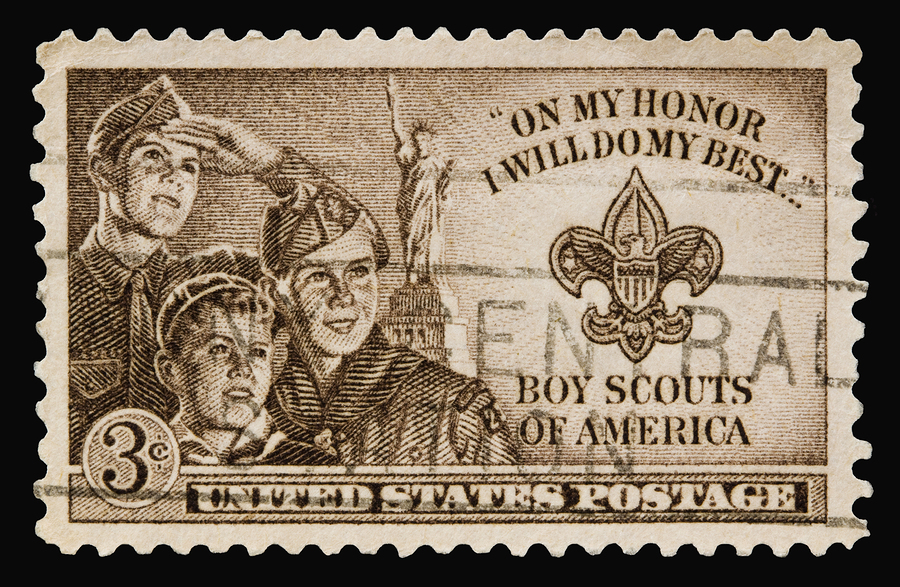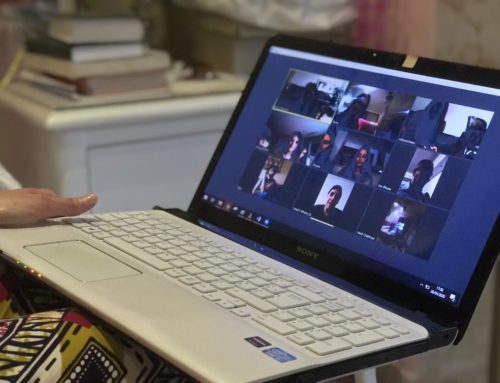 Even if you have no connection to Boy Scouts of America, you are probably well aware of the organization’s motto: Be Prepared.
Even if you have no connection to Boy Scouts of America, you are probably well aware of the organization’s motto: Be Prepared.
But in the wake of President Donald Trump’s address to the organization’s Jamboree this week, it appears BSA’s media relations team wasn’t following that motto. And the backlash the organization is facing this week from a number of its supporters offers a lesson for other nonprofits during these politically charged times.
From a public relations perspective, the BSA was right to invite the President to address the Jamboree. The President serves as the organization’s honorary chairman, and it is custom for the sitting President to be invited to address the event, which is held every four years.
Based on this history, it only made sense that the Boy Scouts would invite President Trump to continue the tradition.
In fact, the organization would have faced an intense political firestorm had it not invited President Trump to address the group. The President and his supporters would have had good reason for criticizing the group had it not extended an invitation that has been offered to every President — Republican and Democrat — since Franklin Roosevelt.
That decision, then, was not difficult.
But given the current climate, the BSA should have been prepared for what followed.
In simpler times, a national organization like BSA could invite a political figure to appear at one of its events and be greeted with positive headlines and good feelings.
But those times are sadly gone.
Today, any national political figure brings his or her share of built-in criticism. Invite a Democrat, and you’ll face the wrath of the right. Entertain a Republican and you’re instantly painted as intolerant by the left.
This climate — and President Trump’s penchant for going off script — should have given the BSA enough reason to be ready for controversy.
Instead, it is facing chaos.
Unlike his predecessors, who used the Jamboree as an opportunity to deliver a nonpartisan address that spoke to the values of scouting and inspire an emerging generation to service, Trump’s speech on Monday was much more pointed. Throughout the speech, he hurled insults at his political opponents, called Washington a cesspool and sewer, attacked the news media and threatened Congress to approve controversial legislation.
In turn, he made it appear as though the BSA is endorsing those opinions.
While the organization can’t control what the President says, it can control how it presents itself during a time of crisis.
And this, my friends, qualifies as a crisis for an organization that doesn’t want to be seen as picking sides.
Since the speech, current and former Boy Scouts, parents and others have been openly criticizing the organization on social media and in news reports — saying that it should strongly denounce the speech and its message.
Instead, the BSA has been largely silent.
The day after the speech, the organization did post and distribute a short written statement on its website that offers its perspective on Presidential visits. The statement reads:
The Boy Scouts of America is wholly non-partisan and does not promote any one political position, candidate or philosophy.
The invitation for the sitting U.S. President to visit the National Jamboree is a long-standing tradition dating back to President Franklin Roosevelt in 1937. Since then, an invitation to speak has been extended to every U.S. President that has had a Scout Jamboree occur during his term. This 80-year-old custom of inviting Presidents to speak to Scouts is in no way an endorsement of any person, party or policies. Rather, the speaking invitation is based on our “Duty to Country” from the Scout Oath and out of respect for the Office of the President of the United States.
As one of America’s largest youth-serving organizations, the Boy Scouts of America reflects a number of cultures and beliefs. We will continue to be respectful of the wide variety of viewpoints in this country.
The BSA was smart to issue the statement — and it hit the right notes. The statement provided an opportunity to respond with a clearly worded message that was intended not to provoke those on either side of the political divide.
But given the intensity of the situation — and the anger being publicly hurled at the organization by many of its current and former members — it is hurting its cause by not doing more.
When faced with controversy, nonprofits must be visible and they must stand up for their values. They need to have supporters and leaders within the organization who are schooled in those values and willing to take the microphone and answer questions.
It should have a small but well-schooled team of paid officials, board members and parents who are ready to be deployed with a simple but strong message about what the BSA is about. It should be talking about its mission, its impact and its reasons for inviting the President.
They should be ready to talk about the organization, articulate what it stands for and discuss why it invited Trump to speak.
They should have supporters who are ready to post messages on social media about the importance of the organization and how no single person’s opinions reflect what the organization is about.
It will be impossible for the BSA to appease everyone with its response.
But by staying largely silent, it’s letting others define what the organization is all about.
The BSA has missed an opportunity to turn this controversy into an opportunity and to position itself as an organization that did the right thing.
Instead, it looks as though it wasn’t prepared for an outcome it should have anticipated.





